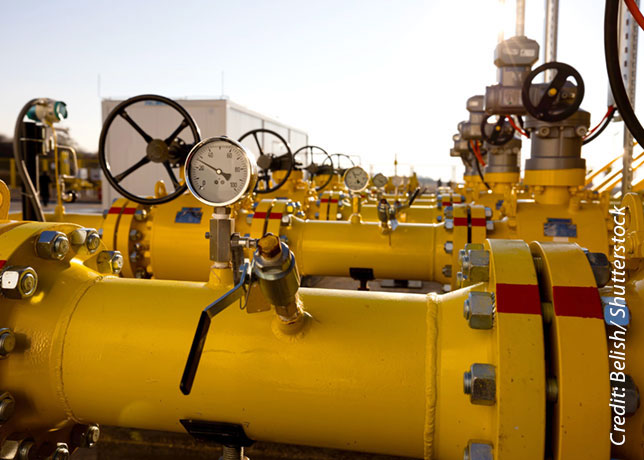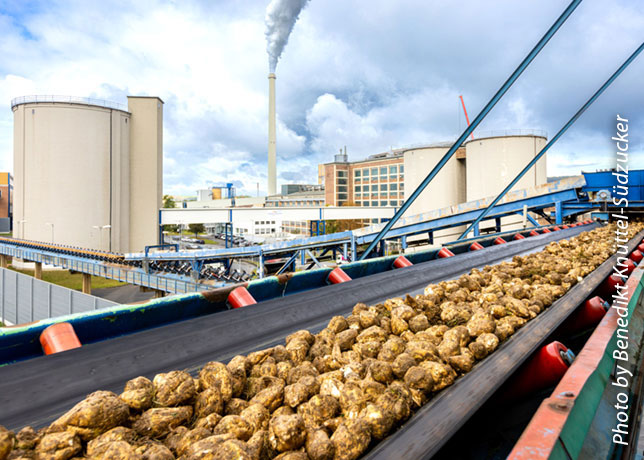

The Renewable Energy and Jobs – Annual Review 2024 by the International Renewable Energy Agency (IRENA) and the International Labour Organisation (ILO) reported the highest ever increase in renewable energy jobs in 2023, from 13.7 million in 2022 to 16.2 million.
This 18 per cent year-on-year rise is attributed to the strong growth of renewables generating capacities and continued expansion of equipment manufacturing.
However, the report shows an uneven global picture, with China leading with an estimated 7.4 million renewable energy jobs, or 46 per cent of the global total.
The solar photovoltaics (PV) sector supported 7.2 million jobs globally, with 4.6 million in China, the dominant manufacturer and installer. Southeast Asia has emerged as an important export hub of solar PV, creating jobs in the region.
Liquid biofuels had the second-largest number of jobs, followed by hydropower and wind. Brazil topped the biofuels ranks, accounting for one third of the world's 2.8 million jobs in this sector.
Hydropower became an outlier due to a slowdown in deployment, with China, India, Brazil, Viet Nam, and Pakistan being the largest employers in the industry.
In the wind sector, China and Europe remain dominant, contributing 52 per cent and 21 per cent to the global total of 1.5 million jobs, respectively. Africa continues to receive only a small share of global renewables investments, resulting in 324,000 renewables jobs in 2023.
Decentralised renewable energy solutions can help plug the access gap and generate jobs, particularly in regions in urgent need of reliable and sustainable energy access. Policies must support measures in favor of greater workforce diversity and gender equity.
Acknowledging the high degree of geographic concentration, Francesco La Camera, IRENA Director-General, said: "The story of the energy transition and its socio-economic gains should not be about one or two regions. If we are all to fulfil our collective pledge to triple renewable power capacity by 2030, the world must step up its game and support marginalised regions in addressing barriers impeding their transitions progress. Strengthened international collaboration can mobilise increased finance towards policy support and capacity building in countries that are yet to benefit from renewables job creation."
"Investing in education, skills, and training helps reskill all workers from fossil fuel sectors, address gender or other disparities, and prepare the workforce for new clean energy roles. It is essential if we are to equip workers with the knowledge and skills that they need to get decent jobs, and to ensure that the energy transition is a just and sustainable one. A sustainable transition is what the Paris Agreement requires of us, and what we committed to achieving when we signed up to the Agreement," explained ILO Director-General, Gilbert Houngbo.




















































































